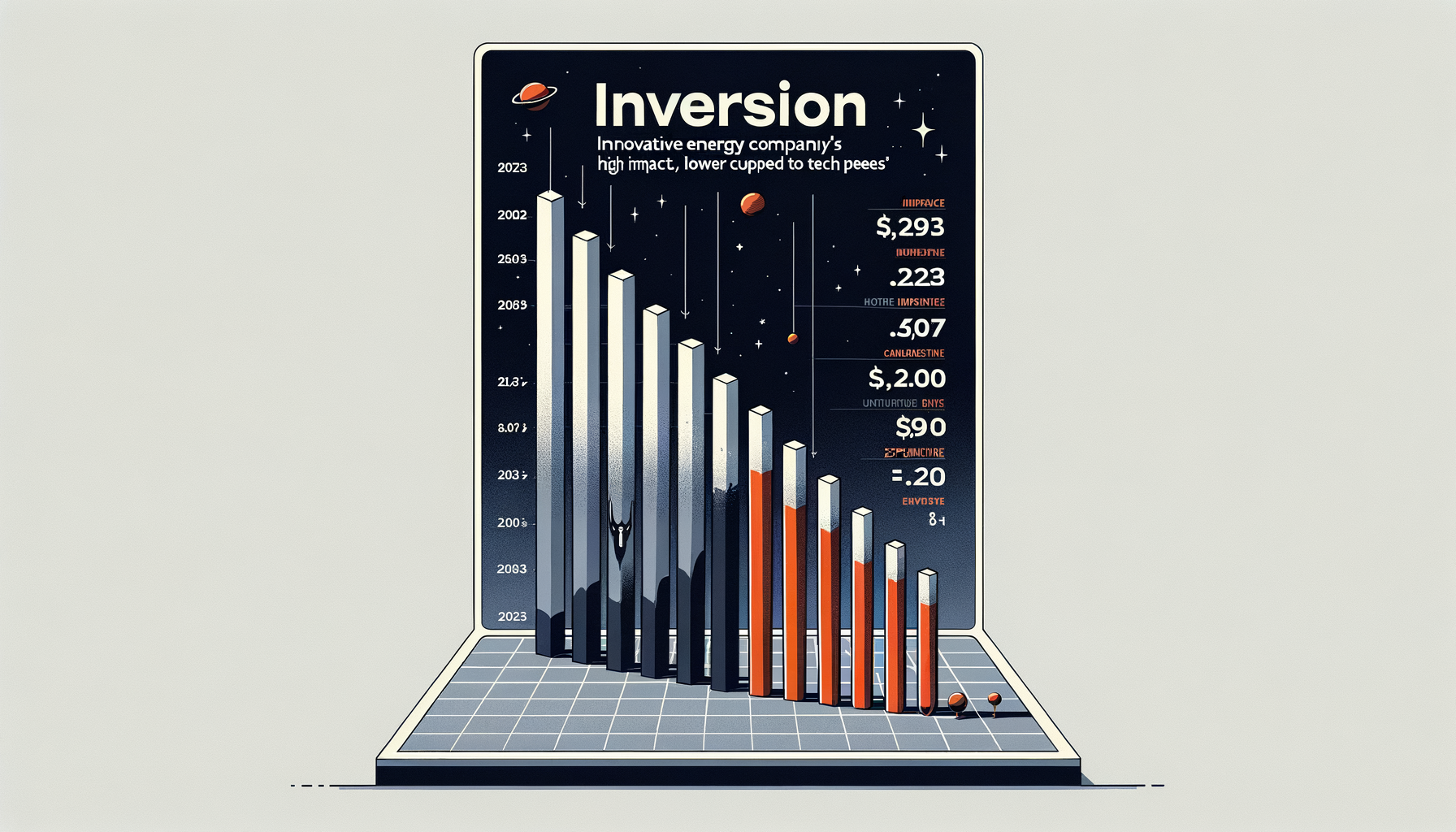Tesla’s R&D Expenditure in 2023: High Impact, Lower Cost Compared to Tech Peers

In the highly competitive landscape of modern technology and automobile industries, research and development (R&D) spending is a key indicator of a company's commitment to innovation and future growth. For fiscal year 2023, the electric vehicle (EV) powerhouse Tesla, Inc. TSLA has reported approximately $4 billion in R&D expenses. This marks the highest R&D investment in the company's history to date. Despite this significant outlay, Tesla's expenditure remains markedly lower when compared to some counterparts among the illustrious group commonly referred to as the 'magnificent seven', which includes major tech and automotive players.
Comparison with Tech and Auto Giants
Apple Inc. AAPL, known for its substantial R&D investments in consumer electronics and software, and Microsoft Corporation MSFT, a leader in software development and cloud services, are among those companies that traditionally spend more on R&D than Tesla. The same trend is observed when comparing Tesla's R&D efforts with those of automotive manufacturers such as the Ford Motor Company F and General Motors Company GM. These established companies allocate a considerable portion of their budget to research and development in order to maintain and advance their respective positions in the marketplace.
Effectiveness of Tesla’s R&D Investment
Tesla's approach to R&D spending, while substantial in figures, is underscored by a strategy aiming for high effectiveness and efficiency. Elon Musk, the trailblazing CEO of Tesla, attributes the company's success to 'gigantic differences in effectiveness' when it comes to R&D spending. Musk's statement suggests that Tesla is adept at leveraging its R&D investment to produce tangible results, such as advancing EV technology and expanding its market share in clean energy solutions.
Microsoft Corporation, as a seasoned player in the technology sector, has made its mark through products like the Microsoft Windows operating systems, Microsoft Office, and well-known consumer electronics such as the Xbox and Surface devices. Apple, another titan of innovation, leads the technology market in revenue and has a wide array of popular products like the iPhone and Mac computers. The extensive R&D budgets of these corporations not only fuel ongoing product development but also uphold a larger ecosystem that drives continuous technology advancements.
In contrast, Tesla, while a relatively younger company, has established a lead in the EV and clean energy industries through specifically targeted R&D initiatives. Tesla's streamlined focus on electric cars, solar energy products, and grid-scale battery storage systems has carved a niche for the company in energy transition markets. Their approach to R&D spending reflects a concentrated effort to enhance product capabilities and launch innovative solutions efficiently.
Tesla, R&D, Investment